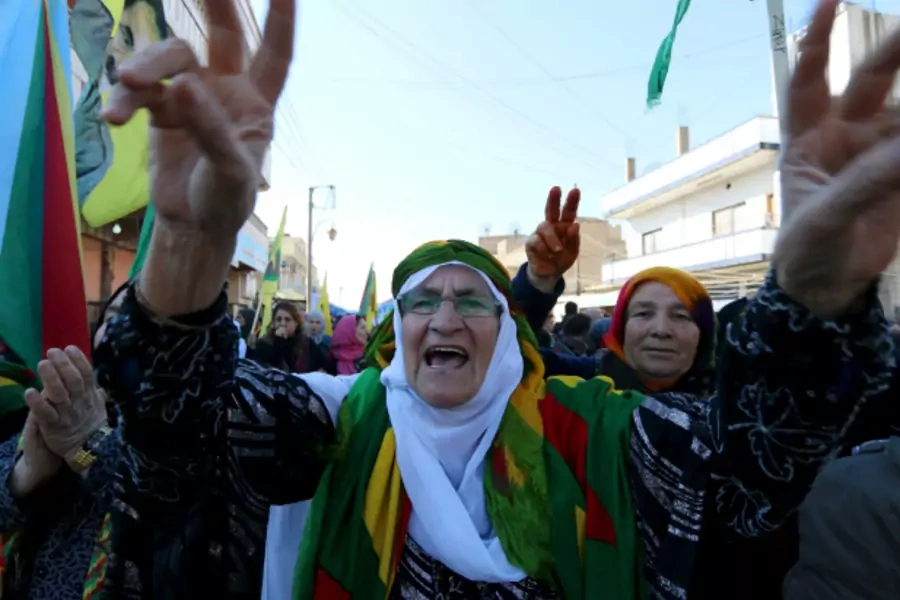Between Ankara and Rojava

This article originally appeared here on ForeignAffairs.com on Tuesday, March 15, 2016.
Nearly seven years ago, U.S. President Barack Obama traveled to the Turkish capital, Ankara, to address the country’s parliament. Turkey was second only to Russia in its need of a “reset.” The war in Iraq had damaged Washington’s ties with Ankara, which had warned of the dangers of a U.S. invasion and paid a price for its destabilizing effects. The new U.S. president’s gauzy rhetoric before the Grand National Assembly about how Turkish and Americans soldiers stood shoulder-to-shoulder “from Korea to Kosovo to Kabul” and his admiration for “Turkey’s democracy” seemed to hit exactly the right notes. It was the dawn of a new era in which close relations with a large, prosperous, democratizing, predominantly Muslim country would exemplify a more constructive, less belligerent course for U.S. foreign policy.
More on:
Now at the tail end of that era, Washington seems to have gotten nowhere with Ankara. The issues at stake are different, but discord and mistrust characterize what was supposed to have been a “model partnership” based on both common interests and values. What happened?
In a sense, nothing. Despite the way foreign policy elites have talked about Turkey—championing its Western-oriented foreign policy—the relationship was always an exercise in frustration. There were major differences between the two countries over U.S. President John F. Kennedy’s decision to withdraw Jupiter missiles from Turkey after the Cuban missiles crisis, the Turkish invasion and occupation of northern Cyprus in 1974 that resulted in an American arms embargo, Ankara’s relations with Athens, the Armenian genocide, and Turkey’s position on the invasion of Iraq.
Continue reading here...
More on:
 Online Store
Online Store